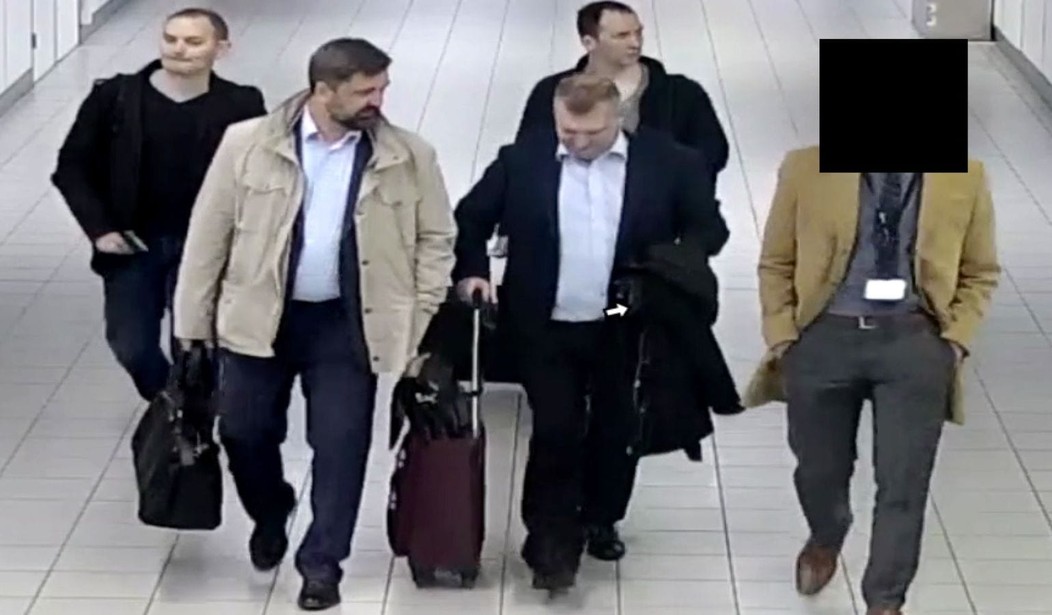Dutch intelligence said today that they disrupted a cyber operation being carried out by a Russian military intelligence (GRU) team targeting the Organisation for the Prohibition of Chemical Weapons (OPCW) in The Hague.
“I would ask anyone here, is anyone surprised that they would attack that organization? I think not,” Defense Secretary James Mattis said at NATO headquarters in Brussels today.
“The GRU’s cyber attack, which has been revealed, on the Organization for the Prohibition of Chemical Weapons is the latest in a worldwide pattern of reckless and irresponsible behavior from Moscow,” Mattis told reporters. “From its support to the Assad regime which used chemical weapons against its own people, to its use of a chemical agent on the sovereign soil of a NATO ally in the Salisbury attack, to this latest hacking attempt, Russia displays blatant disregard for human life and international law.”
“And despite denials from the Kremlin, the international community clearly sees the reality, and the United States stands shoulder to shoulder with our Dutch and British and all NATO allies and like-minded countries against this inhumane activity of chemical weapon use, and those we do support doing the investigations,” he added.
The Netherlands Defence Intelligence and Security Service said the four GRU agents entered the Netherlands via Schiphol Airport, traveling on diplomatic passports, and set up a car in the parking lot of the Marriot Hotel next to the OPCW offices to run network infiltration equipment that was operational when Dutch intelligence interrupted the operation.
“Any incident in which the integrity of international organizations is undermined is unacceptable,” said Dutch Defence Minister Ank Bijleveld. “We have therefore summoned the Russian ambassador to remind him of this.”
A grand jury in the Western District of Pennsylvania today indicted seven GRU officers for computer hacking, wire fraud, aggravated identity theft, and money laundering charges from December 2014 and continuing until at least May 2018.
“The conspiracy conducted persistent and sophisticated computer intrusions affecting U.S. persons, corporate entities, international organizations, and their respective employees located around the world, based on their strategic interest to the Russian government,” the Justice Department said. “Among the goals of the conspiracy was to publicize stolen information as part of an influence and disinformation campaign designed to undermine, retaliate against, and otherwise delegitimize the efforts of international anti-doping organizations and officials who had publicly exposed a Russian state-sponsored athlete doping program and to damage the reputations of athletes around the world by falsely claiming that such athletes were using banned or performance-enhancing drugs.”
Dutch intelligence said the DOJ requested investigative assistance from the Netherlands regarding Russian cyber crimes in August.
Asked if the thwarted cyber attack on the OPCW merited a cyber response, Mattis replied, “I don’t talk about military operations, certainly not in a developing situation like this.”
“Basically, the Russians got caught with their equipment, with people who were doing it, and they have got to pay the piper. They’re going to have to be held to account,” Mattis added. “How we respond to something like this is a political decision by the nations involved, and we will be standing by them. But it does not necessarily equate to some kind of tit-for-tat on cyber. We have a wide variety among our nations of responses available to us.”









Join the conversation as a VIP Member